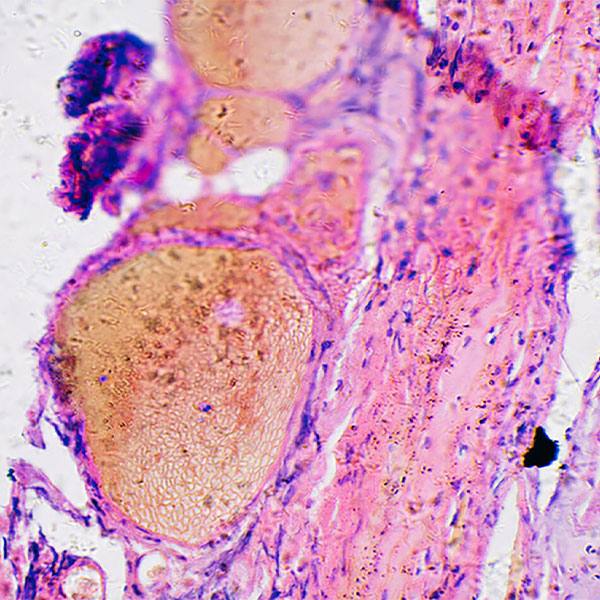-
Cancer
Consumer Health: Treating prostate cancer

September is Prostate Cancer Awareness Month, which makes this a good time to learn about treating prostate cancer.
Prostate cancer will affect 1 in 8 men, according to the American Cancer Society. After skin cancer, prostate cancer is the most common cancer diagnosed in men in the U.S. More than 168,000 new cases of prostate cancer will be diagnosed this year, and more than 34,000 people will die of the disease.
The prostate is a small walnut-shaped gland in males that produces the seminal fluid that nourishes and transports sperm. Many prostate cancers grow slowly and are confined to the prostate gland, where they may not cause serious harm. However, while some types of prostate cancer grow slowly and may need minimal or even no treatment, other types are aggressive and can spread quickly.
Factors that can increase your risk of prostate cancer include:
- Older age
Your risk of prostate cancer increases as you age. It's most common after 50. - Race
African American men are at greater risk of prostate cancer than men of other races, and their prostate cancer is more likely to be aggressive or advanced. - Family history
If a blood relative, such as a parent, sibling or child, has been diagnosed with prostate cancer, your risk may be increased. Also, if you have a family history of genes that increase the risk of breast cancer ― BRCA1 or BRCA2 ― or a strong family history of breast cancer, your risk of prostate cancer may be higher. - Obesity
Men who are obese may have a higher risk of prostate cancer, compared with men considered to have a healthy weight, though studies have had mixed results. In men who are obese, the cancer is more likely to be more aggressive and more likely to return after initial treatment.
If you've been diagnosed with prostate cancer, your treatment options will depend on several factors, such as how fast your cancer is growing, whether it has spread and your overall health, as well as the potential benefits or side effects of the treatment.
Low-grade prostate cancer may not need treatment right away. For some, treatment may never be needed. Instead, active surveillance may be an option for cancer that isn't causing symptoms, is expected to grow slowly and is confined to a small area of the prostate. Active surveillance also may be considered for someone who has another serious health condition or for whom advanced age makes cancer treatment more difficult.
In active surveillance, regular follow-up blood tests, rectal exams and prostate biopsies may be performed to monitor the progression of your cancer. If tests show your cancer is progressing, you may opt for treatment.
If treatment is recommended, options can include:
- Surgery to remove the prostate.
- Radiation therapy.
- Ablative therapies.
- Hormone therapy.
- Chemotherapy.
- Immunotherapy.
- Targeted drug therapy.
Connect with others talking about prostate cancer, screening and treatments in the Prostate Cancer support group on Mayo Clinic Connect, an online patient community moderated by Mayo Clinic.







